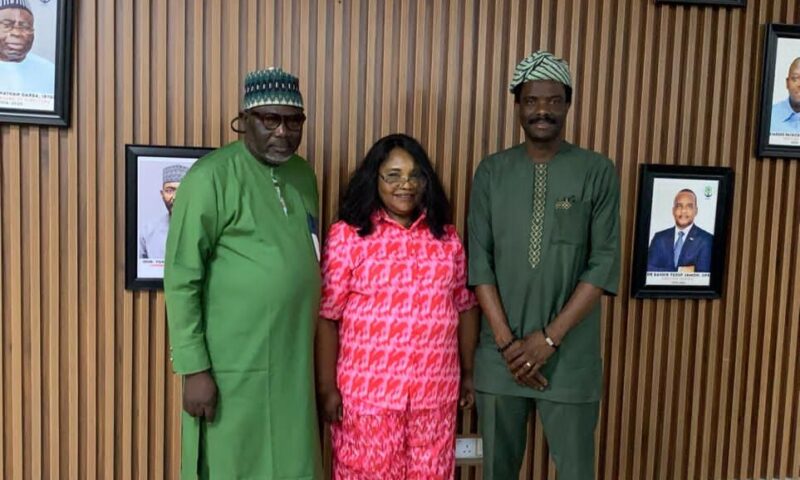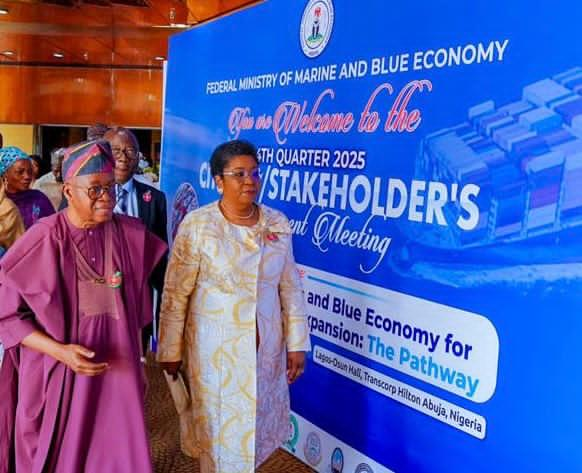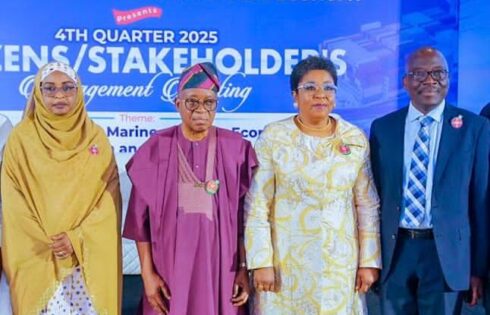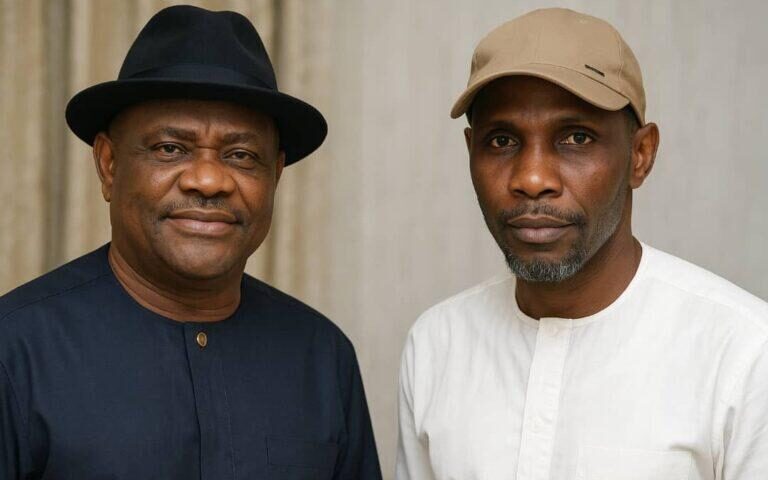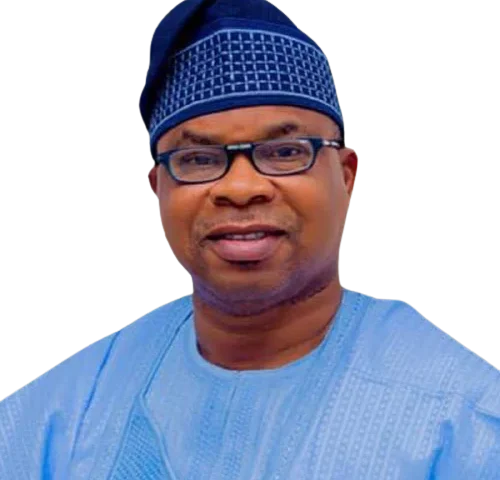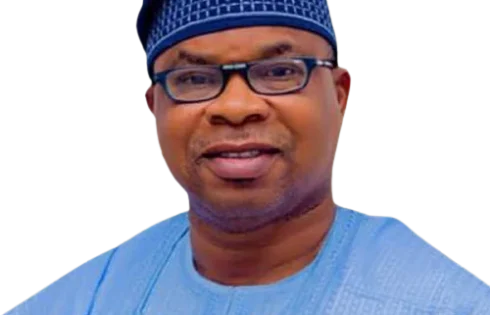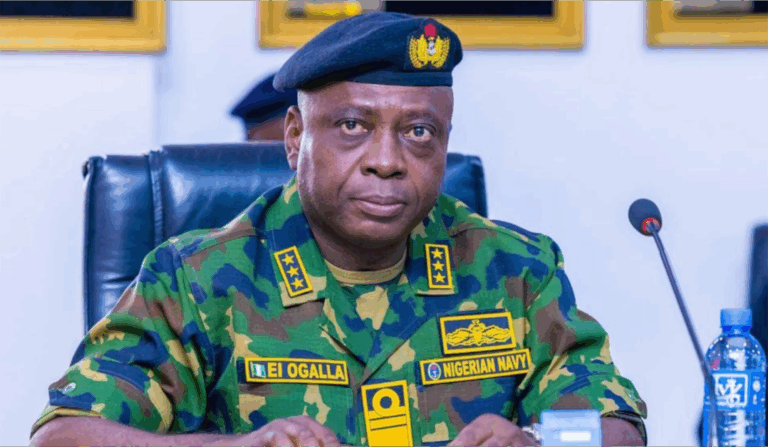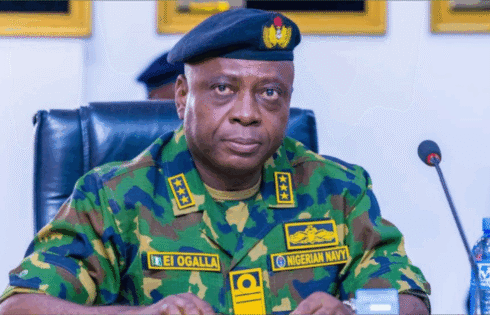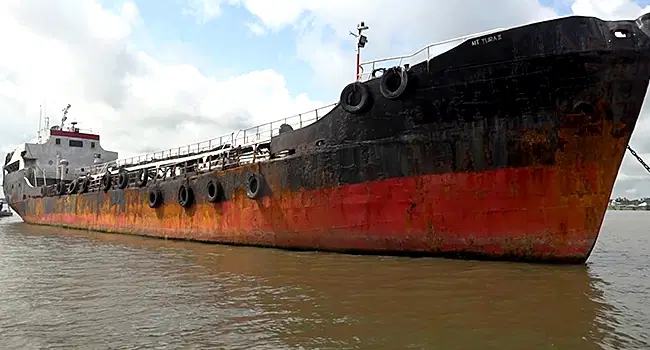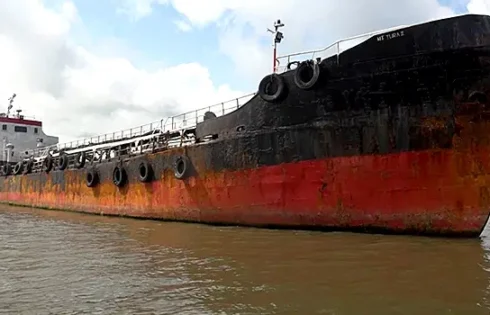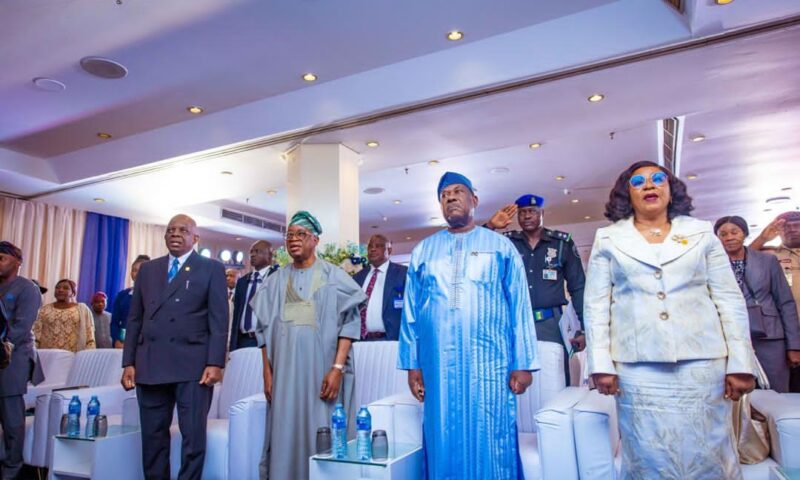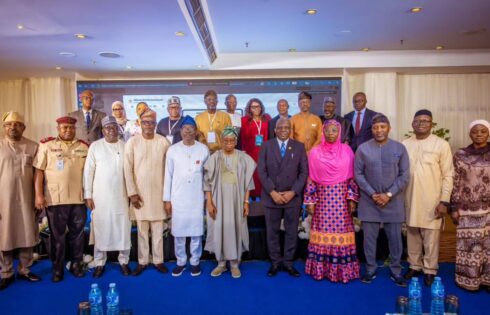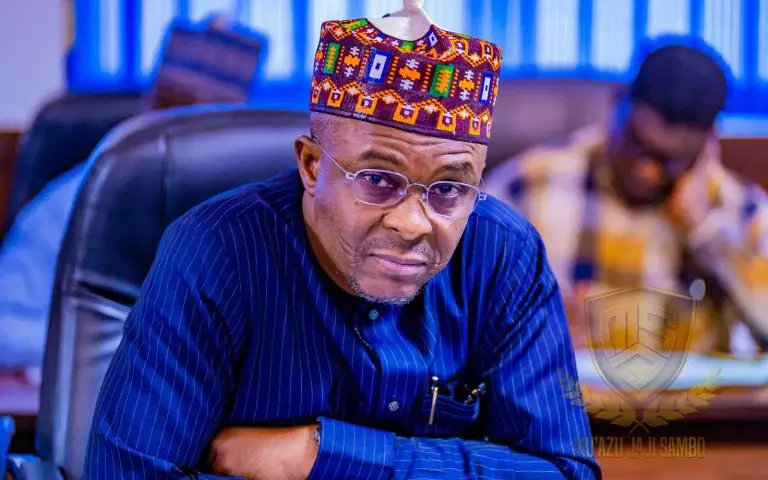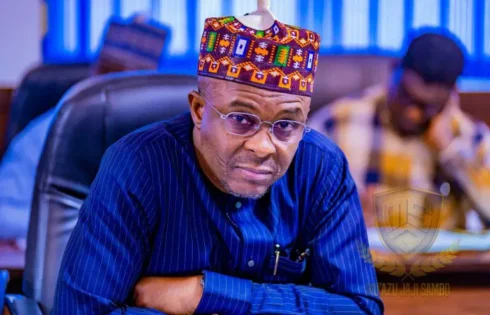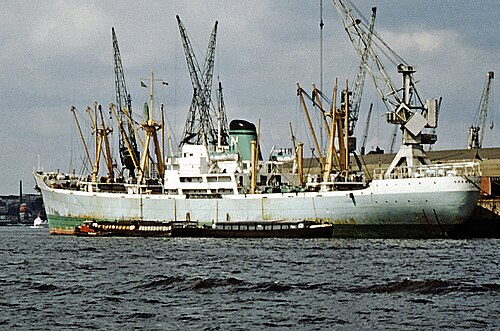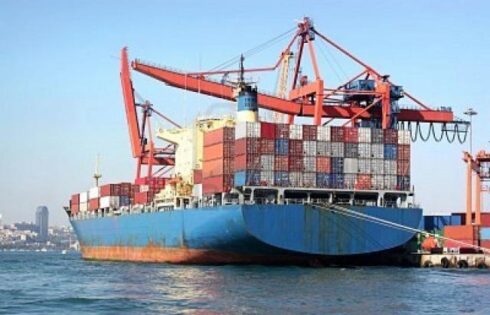NIMASA commends Maritime Media for Nigeria’s IMO Council victory

The Nigerian Maritime Administration and Safety Agency (NIMASA) has lauded the role of Nigerian journalists, particularly the maritime media, in Nigeria’s recent victory at the International Maritime Organization (IMO) Council elections, urging them to sustain responsible and patriotic reporting to consolidate the global gain.
Nigeria last month secured a coveted Category C seat on the IMO Council, ending a 14-year streak of unsuccessful attempts and marking a significant milestone in the country’s maritime diplomacy.
Speaking while receiving the leadership of the Maritime Reporters Association of Nigeria (MARAN), led by its caretaker chairman, Mr. Tunde Ayodele, at NIMASA headquarters in Lagos, the agency’s Deputy Director and Head of Public Relations, Mr. Edward Osagie, said the maritime media played a critical role in projecting Nigeria’s maritime potential and governance reforms to the international community.
Osagie noted that consistent and informed reporting by maritime journalists complemented the efforts of the Federal Ministry of Marine and Blue Economy and NIMASA in showcasing Nigeria’s capacity in maritime administration, which ultimately strengthened the country’s campaign for the IMO Council seat.
He stressed the importance of developmental journalism in nation-building, warning that negative or misleading narratives could damage Nigeria’s image and undermine its international standing.
“The international community is taking note of every report we write about our country and using them to assess us as a nation,” Osagie said. “That is why patriotism and commitment to nation-building must guide how we report issues.”
He, however, expressed concern over what he described as attempts by a few journalists to push “wrong narratives” following the recent arrest of a vessel, MT *Skipper*, by the United States Coast Guard over alleged crude oil theft and other transnational crimes.
Clarifying the issue, Osagie said the vessel neither flew the Nigerian flag nor was its alleged owner, Thomarose Global Ventures Limited, registered with NIMASA as a shipping company.
“What identifies a vessel is the flag it flies,” he said. “Since the detained vessel was not flying the Nigerian flag, those who ascribed its ownership to Nigeria did so either out of mischief or ignorance.”
Despite these concerns, the NIMASA spokesman praised MARAN for what he described as consistent responsible journalism and balanced reporting, even in instances where the agency may not have met the expectations of journalists.
“MARAN is a brand we are proud of in the industry,” Osagie said. “Despite our shortcomings, you have not written negative reports about our activities and operations.”
He pledged the agency’s support for the newly constituted MARAN caretaker committee, assuring members of NIMASA’s commitment to maintaining a strong and mutually beneficial relationship with the association.
Earlier, Ayodele said the visit was aimed at consolidating the long-standing relationship between MARAN and NIMASA, noting that the association would continue to practise responsible journalism that enhances the agency’s operations and promotes Nigeria’s credibility in the global maritime space.
He called on NIMASA to reciprocate the gesture through actions that would strengthen the professional integrity and welfare of maritime journalists.
Both parties engaged in discussions on deepening collaboration, reaffirming their shared values and commitment to advancing Nigeria’s maritime sector and international reputation.
Picture: (L-R) Chairman, MARAN Caretaker Committee, Tunde Ayodele, Treasurer, Ruth Umunna and Deputy Director/Head of Public Relations, NIMASA, Mr. Edward Osagie at NIMASA headquarters, Lagos.

